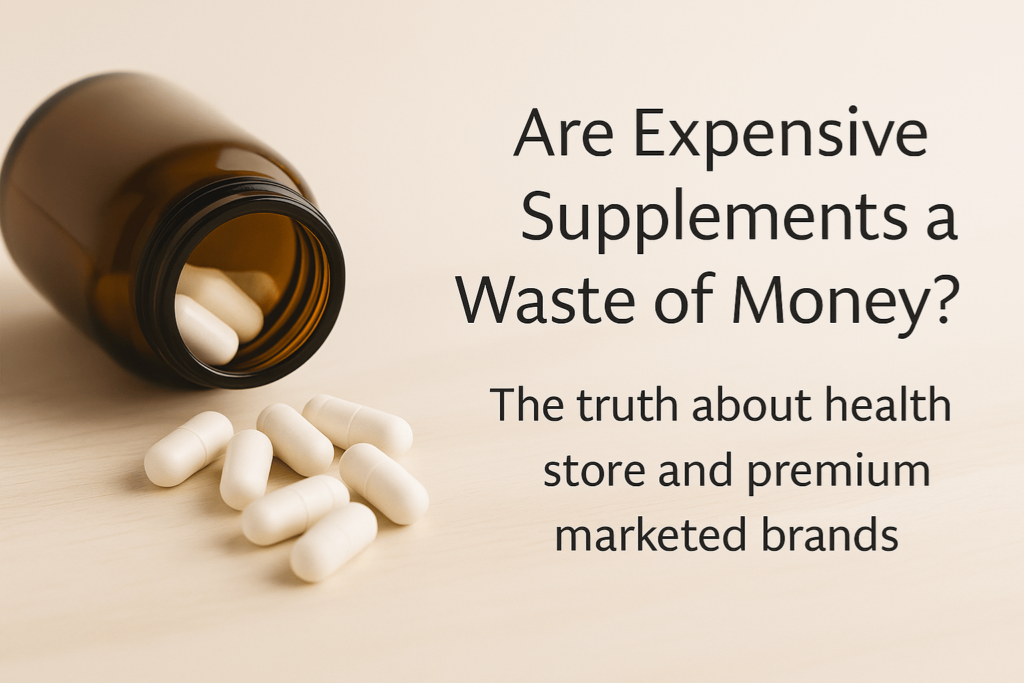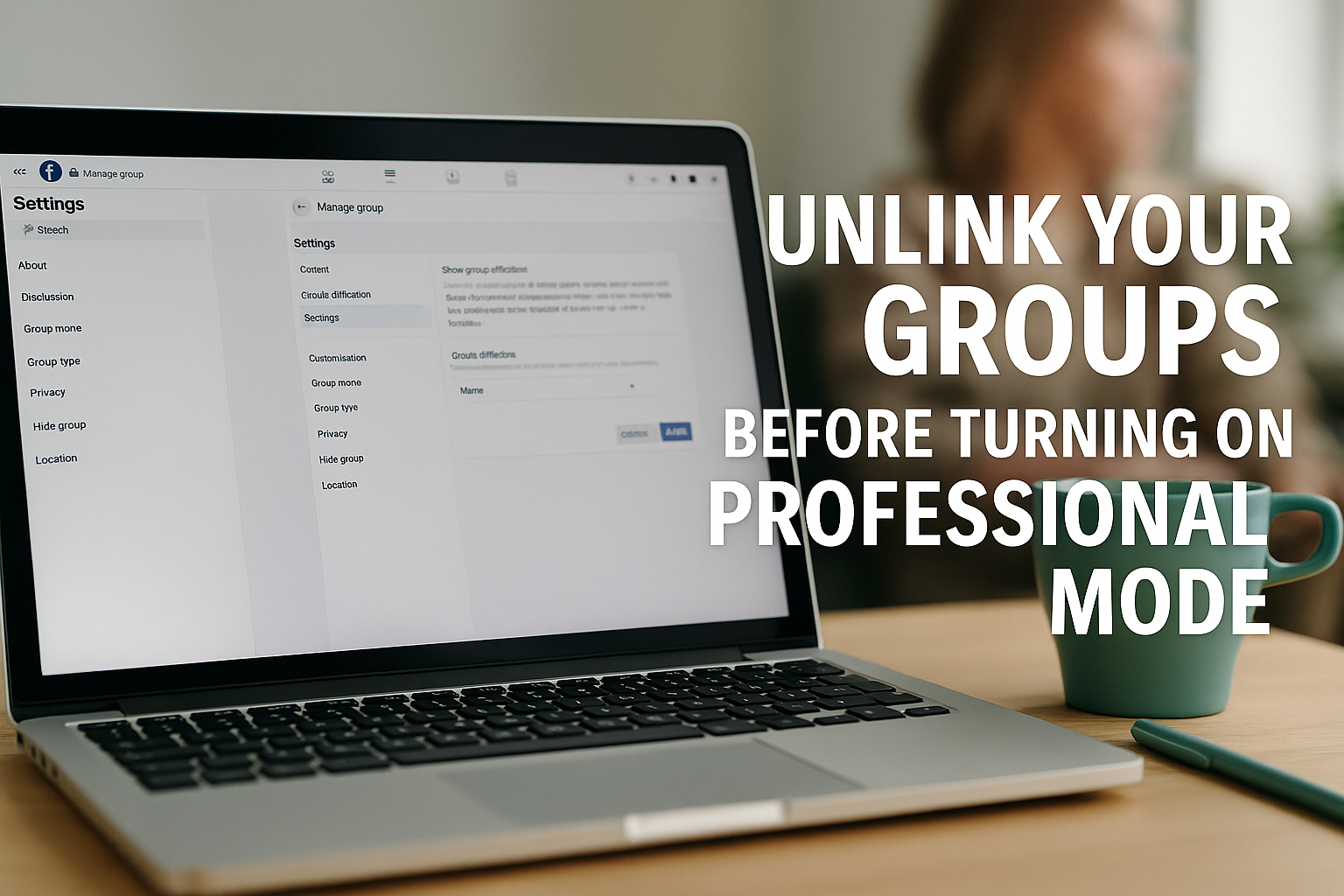Are Expensive Supplements a Waste of Money? The Truth About Health Store and Premium Marketed Brands
Category: Healthy Nutrition

Breaking down the myths and realities of high-priced vitamins and supplements, helping families make informed choices without falling for marketing gimmicks.
I’ll admit it: my journey with supplements has been a learning process. I started out buying what fit our budget, then got swept up in pricier options from MLMs and health store shelves—thinking surely the higher price meant higher quality. But was it really?
Curious whether supplements are even necessary? Start with Do I Actually Need Supplements, or Is Healthy Eating Enough?
Are these high-priced supplements truly better, or just better marketed? I tackled the budget side of this in an earlier post: Are Budget Supplements Harming Your Health? Now it’s time to talk about the other extreme.
Prefer to listen instead? Here’s the audio version of this post:
Myth 1: Expensive vitamins contain superior ingredients
premium supplement ingredients, fish oil contamination
Truth: Many use the same ingredients as budget brands. For example, a California lawsuit revealed contamination in high-end fish oil supplements1. Price doesn’t clean up poor sourcing.
Myth 2: ‘Natural’ means safe and effective
natural supplement myths, supplement marketing claims
Truth: “Natural” isn’t a regulated term—fillers and sketchy ingredients can still hide behind that label. Transparency is what really matters—not the buzzwords.
Myth 3: Scientific-sounding labels mean better results
scientific-sounding supplements, supplement label hype
Truth: Terms like “exclusive blend” or “clinically formulated” are often just marketing fluff. And just like with budget supplements, expensive ones often carry the same issues—it’s not about the price, it’s about the quality and transparency behind the label.
Myth 4: Health store = high quality
health store supplements, supplement transparency
Truth: Health stores carry a wide range, but fancy branding doesn’t equal better regulation or safety. Many of these products still lack transparency or third-party testing.
“Some of the worst supplements I’ve tried were the most expensive—sold by someone with a script and a smile, not a clue what was in the bottle.”
Myth 5: A higher price tag means it works better
placebo effect supplements, supplement price myths
Truth: The placebo effect is real. Sometimes the confidence in the cost skews how we interpret results.
Myth 6: If my friend swears by it, it must be good
supplement testimonials, anecdotal supplement evidence
Truth: Testimonials are not evidence. Take a pause before you buy the hype. What works for one may not work for you—and might not be working at all.
Myth 7: A bigger price tag means better research
research-backed supplements, MLM supplement studies
Truth: Many brands—especially in the premium wellness and MLM space—claim to be “research-backed,” but often rely on:
- In-house studies with no peer review
- Outdated research on single ingredients
- Vague or irrelevant endorsements
What Really Matters
supplement quality truth, vitamin safety tips
At the end of the day, price and packaging don’t guarantee effectiveness. What actually matters is whether a supplement is well-sourced, properly tested, safe—and fits your body’s needs.
In my next blog, I’ll show you how to figure out which supplements are actually worth taking—based on real safety and results, not hype.You can read it here: What Does a Truly Effective Supplement Look Like?
Hi, I’m Bonnie. I’m a cancer survivor and special-needs mom who spent years juggling medical appointments, homeschooling, and trying to stay upright. Now I share practical, faith-rooted wellness tools for women worn thin by stress, caregiving, or hard seasons. Most days, I’m still figuring it out—with a mug of coffee in hand.



Facebook Comments